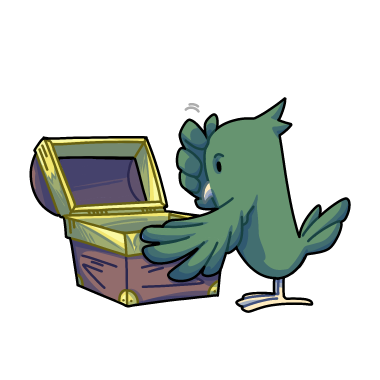

If no results show up using the filters try searching using the Product Title search field.
Some Vendors may not set all filter values properly!
Elite: Dangerous Trading Marketplace
The Elite: Dangerous marketplace allows players to exchange real-world money for a wide variety of in-game ships, modules, materials, credits, and commodities. This bustling player-driven economy provides dedicated commanders avenues to shortcut tedious farming, acquire rare exclusive items, or simply liquidate unused assets for profit.
In this guide, we’ll explore everything the Elite marketplace has to offer, including popular tradeable assets, how exchanges work, tips for maximizing value, safety best practices, and more. Whether looking to gear up your Cutter or spec out a new exploration Phantom on the cheap, the E:D marketplace holds endless potential!
What Gets Traded in Elite: Dangerous?
Commanders leverage Elite’s web of third-party trading sites and Discord servers to exchange:
Ships - Fully fitted combat Corvettes, trading Cutters, exploration Anacondas, and other complete ship packages with specialized modules represent high-value assets.
Engineering Materials - Players sell excess or directly trade rare manufactured, encoded, and raw materials for upgrading ship modules.
Credits - Elite’s main currency can be purchased with real cash then used to buy ships/components in-game. Sellers liquidate unused credits.
Commodities - Traders buy and sell commodities like Silver, Gold, or Imperial Slaves in bulk batches between station locations for profits.
Accounts - Maxed out, well-developed character accounts with engineered fleet lineups and packed inventories get bought and sold.
These diverse virtual goods fuel a thriving secondary Elite marketplace thanks to long grind walls in-game pricing out much available content from casual players.
What Elite: Dangerous Assets and Services can you trade on PlayersLoot?
How Elite: Dangerous Trading Works
Independent Elite dedicated trading sites and Marketplace Discords facilitate exchanges:
Sellers List Goods - Players manually catalog ships, items, materials or services available for purchase with descriptions and asking prices.
Buyers Browse & Pay - Shoppers search for desired goods, then securely pay cash prices through integrated payment platforms.
Trades Complete In-Game - Once payments process, buyers and sellers meet in local space stations to directly trade ships, materials via limpets, commodities, etc.
This secure framework allows Commanders to turn their efforts into real profits without taking risks. And the use of direct in-game transfers protects buyers from fraud.
Tips For Maximizing Marketplace Profits
Following these key tips can help you extract the most value in trade:
Price Using Historical Data - Check sites like EDSY forGoing rates on ships and materials to set optimal prices.
Module Strip Before Sale - Detach all modules from ships pre-sale so buyers can fit builds to their needs.
Sell When Demand Surges - Ship prices spike following updates or balance changes. Time listings strategically.
Sell Bulk Materials In Packs - Combine stacks of G4/G5 engineering materials to charge premium rates from PvPers.
Cross-Trade Between Servers - Arbitrage materials and assets between PS4, Xbox, and PC markets.
Leverage this elite economic knowledge to become your squadron’s resident trade guru!
How to Sell?
Staying Safe When using Marketplaces?
Since Elite only facilitates transfers and not direct cash transactions in-game, extra safety steps are critical:
Vet Anyone You Trade With - Check reputations on multiple squadron, clan, and platform Discords before deals.
Get Referrals For Big Deals - Only take advice from trusted squadron peers on deals for expensive ships worth $100+.
Record Every Transaction - Capture video evidence of all trades and conversations to protect yourself from potential scams.
Never Drop First In Space - Make buyers transfer promised payments or assets before initiating dangerous in-game trades.
These tips help mitigate risk when dealing with strangers on the internet. Protect your Elite progress and cash investments against thieves.
Should You Use Trade Bots? What About Account Sharing?
Some dedicated traders use E:D third-party tools like Trade Dangerous to automate finding commodity trade routes and pricing. Additionally, account sharing programs like Anubis allow players to remotely control accounts.
However, these programs directly violate Frontier’s Terms of Service. Bot bans wipe away marketplace progress and shared account access risks unexpected changes.
User trust and reputation reign supreme in this player-driven economy. Rely on friends for deals over random traders.